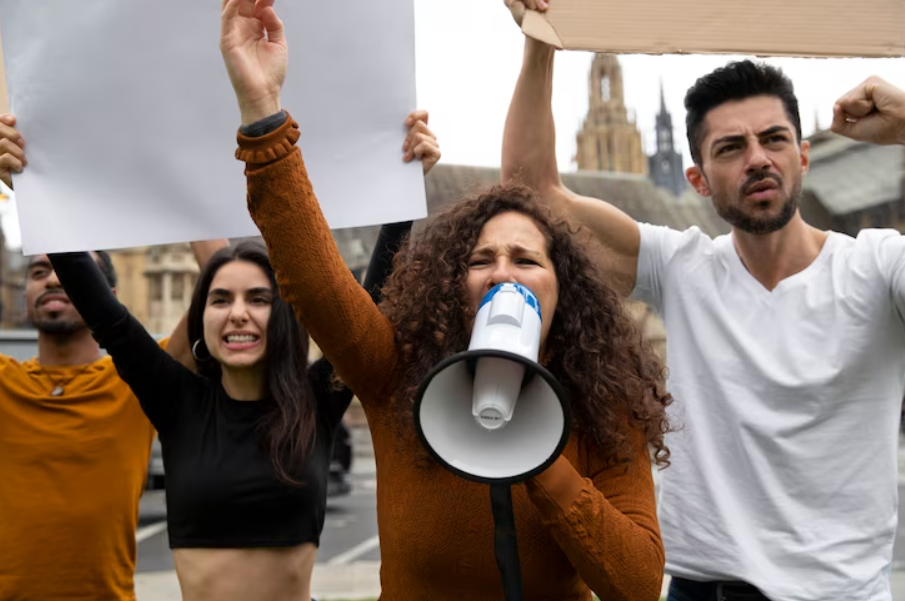
Have you ever considered running for local office but felt overwhelmed by the complex world of political campaigns? Well, fear no more! This comprehensive guide by Jay Townsend will walk you through every step of the political campaign planning process.
Introduction to Political Campaign Planning
When it comes to running a successful political campaign, planning is critical. Whether running for local office, having a well-thought-out plan will help you make the most of your time, money, and resources. In this guide, Jay Townsend will walk you through the basics of political campaign planning.
Setting Your Goals & Objectives for the Campaign
As with any good campaign, you must set some goals and objectives. What do you hope to accomplish with your political campaign planning? Do you want to raise awareness about a particular issue? Do you want to get more people to vote in your district? Whatever your goals may be, it’s essential to write them down and make a plan for how you’ll achieve them.
To start, sit down and brainstorm a list of everything you’d like to achieve with your political campaign planning. Once you have your list, prioritize it so that you know which goals are most important to focus on. From there, you can start to develop a plan of attack. How will you raise awareness about your issue? What kind of events will you hold? Who will you target with your message?
Answering these questions will help you develop a successful political campaign that achieves your desired results.
Building Your Team and Defining Roles
In political campaign planning, one of the most important things you can do is build a strong team. Your team will be responsible for helping you with everything from campaign strategy to fundraising to get-out-the-vote efforts.
One of the first things you need to do when building your team is defining what roles everyone will play. It will help ensure everyone is on the same page and knows their responsibilities.
Building a solid team is essential for any successful political campaign. By defining roles and recruiting the right people, you can ensure your campaign has the best chance of success.
Choosing Your Platform/Message
When running for local office, choosing a platform and message to resonate with your community is essential. The first step is to assess the needs and concerns of your members. What are the issues that matter most to them? What can you do to address those issues?
Once you know what issues are important to your community, you can start crafting your platform and message. Please keep it simple and focused on the issues that matter most to your constituents. And make sure your platform and message are consistent across all your campaign materials, from your website to your yard signs.

Organizing Your Fundraising Efforts
You must raise money to fund your campaign if you’re running for town council. It can be daunting, but it can be manageable with little planning and organization.
Here are some tips for organizing your fundraising efforts:
Set up a committee
If you have a large campaign team, delegate tasks to different people or sub-teams. Having a dedicated fundraising team will help keep things organized and on track.
Create a budget
Determine how much money you’ll need to raise and set a realistic budget. It will help you prioritize your fundraising efforts and stay on track.
Develop a strategy
There are many different ways to raise money, so come up with a plan of attack that makes the most sense for your campaign. It could include holding events, reaching out to donors, or using crowdfunding platforms.
Keep track of donations
Keep accurate records of all donations received and donor contact information. It will be helpful when following up with donors or thanking them after the campaign ends.
Utilizing Online Resources and Social Media
As running for town council, you should utilize every resource to help get your message out there and engage with potential voters. It includes online resources and social media.
With online resources, you can set up a campaign website where people can learn more about you and your platform. You can also use online advertising to target potential voters in your area.
Social media is also a valuable tool for local political candidates. Use it to interact directly with potential voters, share updates about your campaign, and promote events. Make sure you’re using social media professionally and respectfully – remember, anything you post will be public!
By following the Jay Townsend guide, you’ll be well on your way to gaining the support of your community and winning the election!
